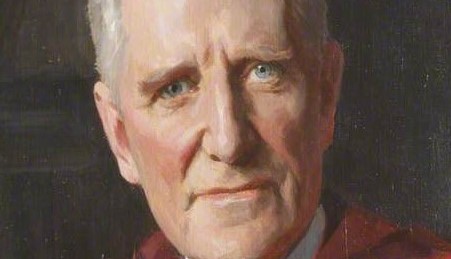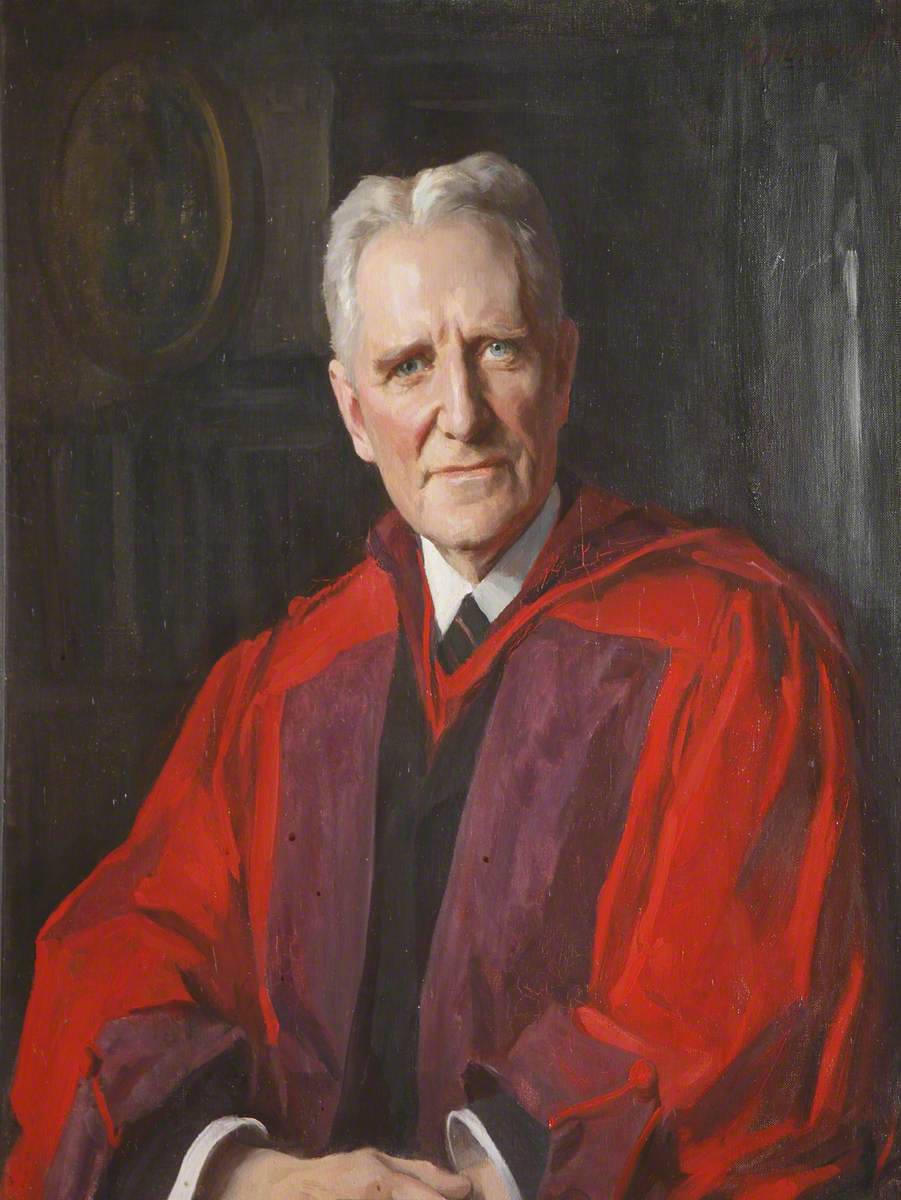LP Jacks (1860–1955) was a British preacher and philosopher who reached a large public through books and articles, some published in the Hibbert Journal, which he founded. Jacks was interested in psychical research and wrote about issues arising from claims of postmortem survival.
Life and Career
Lawrence Pearsall Jacks was born on 9 October 1860 in Nottingham, England, where he was first educated at the University School.1 This section is based on Ruston (2005). He went on to study at London University, then at Manchester New College in Oxford and at Harvard University. In 1887 he began his minister career as an assistant at Bloomsbury chapel, London. A year later he was appointed Unitarian minister in Liverpool, and in 1894 in Birmingham.
Jacks was founder of the prestigious Hibbert Journal in 1902 and was its principal editor until 1948. In its pages he published articles and addresses on the philosophy of religion, psychical research, theology, ‘liberal education’, and other subjects, some of which were later published as collections. During the 1920s and 1930s he published several collections of philosophical stories and parables.
Jacks was principal of Manchester College from 1915 to 1931. A successful popular preacher and lecturer in Britain and the US, he was held in high regard by many leading thinkers of his time.
In 1917 he was appointed president of the Society for Psychical Research for one year, continuing as a vice-president to the end of his life.
Psychical Research
Writing on the subject of dreams, Jacks lamented that this was neglected by psychology, and that psychical researchers’ interest tended to be limited to veridical aspects indicative of psychic activity.2Jacks (1916).
In an article published in 1919 in the Atlantic Monthly, Jacks described three sittings with a medium (Gladys Leonard), in which four deceased individuals personally known to him each appeared to give convincing proofs of their identity. For Jacks, the circumstances argued strongly against fraud on the part of the medium, but owing to certain puzzling confusions he was unable to consider it certain proof of survival.3Jacks (1919). Elsewhere he noted the detailed descriptions given by the medium of the appearance of communicating ‘spirits’, in terms of clothes and physical features, pointing out that this most probably corresponded to other people’s perceptions rather than the individual’s own ideas.4Jacks (1918).
In his 1917 presidential address to the SPR5Jacks (1917b). (also published in the Hibbert Journal),6Jacks (1917a). Jacks argued that psychical researchers need to expand their conceptions of nature to fit the evidence, rather than force the evidence into the narrow frame of their preconceptions. Following Henri Bergson, he argued for the need for researchers to avoid metaphysical assumptions such as the mind-body dichotomy, along with question-begging terms such as ‘disembodied spirits’ and the idea that they exist in another world.
We may find — I do not say positively that we shall — that the upshot of psychical research is not to give us another world, supplementary or successive to this one, or of another nature than this, but to extend the boundaries and deepen the significance of the one world in which we and the so-called “departed” are all living together under a unitary system of law. At all events, let the matter be decided by the evidence, and not by our preconceptions of what the evidence ought to mean.7Jacks (1917a), 617.
Roberto R. Narváez
Literature
Jacks, L.P. (1913). All Men Are Ghosts. New York: Henry Holt and Company.
Jacks, L.P. (1916). Dramatic dreams. Journal of the Society for Psychical Research 17, 178-183.
Jacks, L.P. (1917a). The theory of survival in the light of its context. Hibbert Journal 15, 614-27.
Jacks, L.P. (1917b). The theory of survival in the light of its context. Proceedings of the Society for Psychical Research 29, 287-305.
Jacks, L.P. (1917c). On the evidence for survival (letter to the editor). Journal of the Society for Psychical Research 18, 122-26.
Jacks, L.P. (1918). The personal appearance of the departed as described by controls. Journal of the Society for Psychical Research 18, 187-191.
Jacks, L.P. (1919). Adventures in Psychical Research. Atlantic Monthly, August, 167-74.
Ruston, A. (2005). Jacks, Lawrence Pearsall. In Dictionary of Twentieth-Century British Philosophers, ed. by Stuart Brown, vol. 1, 472-73. Bristol: Thoemmes Continuum.

